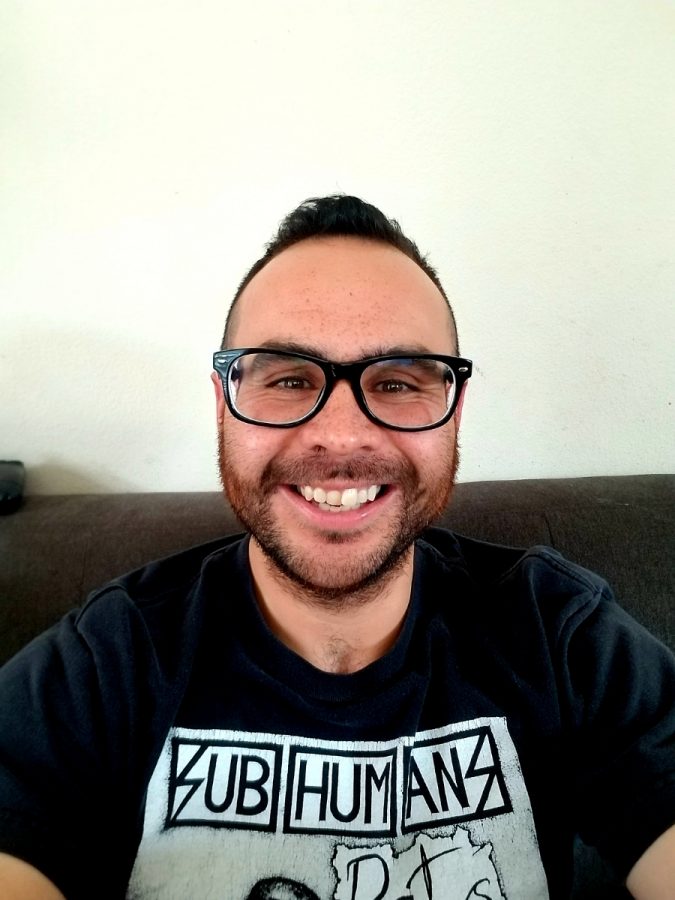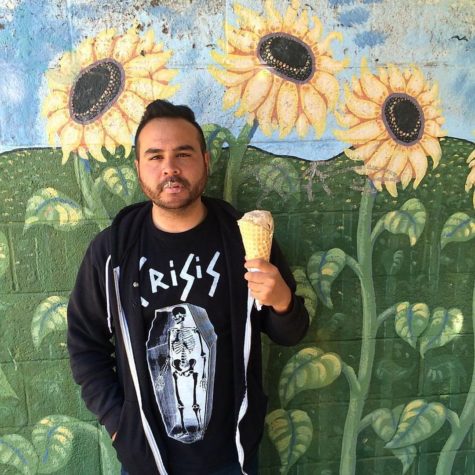As a temporary employee for Whole Foods, working as an Amazon Prime Now shopper, I have a front-row seat to the end of the world, or at least the end of convenience. A recent Whole Foods customer caviled to me about how she was one of Amazon Prime Now’s best customers, but now, because the pandemic prohibits her ability to receive delivery times on orders, she has to physically shop for her groceries in-store like some kind of wild animal.
“Why are delivery times no longer available on the app?” she asked. She couldn’t understand how delivery times were unavailable; I couldn’t understand how she was unaware of the current pandemic. She looked at me like I was the one with the answers because I was wearing a Whole Foods nametag; I looked back at her, not wanting to be the bearer of bad news — it’s never been my strong suit, and this scenario wasn’t covered in the abbreviated job orientation.
“Due to the pandemic, I don’t think we’re able to offer delivery times anymore,” I said.
She shot me a “You gotta be kidding me” look, as though I had just asked for her daughter’s hand in marriage.
“Well, I hate to say it, but, I think you guys just lost a customer.” She said this to me, thinking it would have some profound effect, profound enough to rectify the situation for all parties involved.
“Well, I hate to say it, but, I think America just lost another several hundred people to the virus today,” I said to her, thinking it would have some profound effect — perhaps even profound enough to rectify the situation for all parties involved.
We stared at each other silently for a moment, the way poker players stare one another down during a big hand, searching for a sign, a tell, indicating that they’ve got the upper hand. Neither one of us was bluffing, and neither one was willing to fold.
After the moment of silence passed, the woman asked me where she could find the probiotics. I told her, then went back to shopping for other people. That’s how I pay my bills now; I shop for people who either have underlying health conditions or an overwhelming fear of undertaking the chore themselves. I risk my health and sanity for the safety of others, so our nation’s leaders can hold press conferences and point to charts that reveal the “stay home, save lives” method is flattening the curve. It’s a collective effort for those afforded the luxury to join the team and jump in for the big win.
COVID-19. The Great Pandemic of 2020 is teaching the denizens of the 21st Century what it really means to go “viral.” And suddenly, the alluring connotations associated with the word have lost their appeal, unless, of course, you’re an irritable grandmother on TikTok.
The havoc-wreaking disease, which newscasters invariably refer to as the novel coronavirus or COVID-19, has upended the world. I’m surprised the third rock from the sun is still in rotation, but you get the feeling based on the global response, that the astonishing omnipotence of this virus is capable of playing Earth like some kind of novelty toy, keeping the planet spinning long enough for its inhabitants to slip into the irreversible state of crippling delirium we’re living in. When it’s had its fill, the virus will simply let Mother Earth and all her Children gyrate with increasing amplitude, expend energy, exhaust resources and tip over for good.
And that’s not even the worst of it for most Americans. No, what’s really terrible about all this — for our social media-influenced society — is the virus’s audacity to inconvenience us all.
COVID-19 is something like a gigantic octopus from a ’50s B-movie; its elongated tentacles disrupting every facet of daily life, turning Earth’s entire population into a composite Howard Hughes character, making us fervently practice proper hygiene until our hands become so wet that they dry out and bleed, until the cracks in our collective palms become a diagram revealing the evaporation of what was once a free market supported by a free society.
We were living in “The Age of Great Convenience”; the offspring spawned by the tech sector and its gig economy ensured we were all well taken care of — for a monthly fee, that is. The virus, with its mangling tentacles, has changed all that, reacquainting the world with the dreaded prospect of “being inconvenienced,” rendering the almighty tech sector, gig economy and federal government helpless.
As a part of the CARES Act, the federal government even went so far as to dole out an additional $600-per-week of untaxed funds to those unemployed due to the virus. I don’t qualify for unemployment, so I won’t receive the economic supplement; what I’ll receive is the tiny carrot of “Hazard Pay,” a taxable $2 bump in the standard hourly wage, what some employers have the temerity to refer to as “wellness pay.”
The passage of the CARES Act incentivizes Americans to stay home, live off the system and contribute to the country’s economic collapse. It essentially rewards people for not taking a risk. I agree that a tanking stock market is far less disturbing than a skyrocketing death rate, however, the virus’s toll on human life and the economy are not mutually exclusive. I would argue that abject poverty is a deadly virus in its own right, and having concern for the two is something that all Americans can and should be doing simultaneously.
The essential workers on the frontlines who must work, and the “not-so-essential” workers at the grocery store checkout-lines who choose to work — the ones taking all the risk — the ones living in fear not only of the virus but of financial insecurity, are the ones being rewarded the least. Neither the banging of pots and pans nor the offering of 0% APR financing on new cars is sufficient recompense for their efforts.
The CARES Act was intended to protect the working class and this country’s small business owners, but thus far it seems to have done the exact opposite. Small business owners are being turned down for loans by multiple banks, and the ones fortunate enough to secure loans must use 75 percent of the funds on their payroll to qualify for loan forgiveness. This is easier said than done in a time when workers stand to make more sitting on the couch at home than they would at their respective workplaces. And operating a business at half capacity, exacerbated by a stifling array of new restrictions, doesn’t equate into a profit margin that will sustain business operations. The Paycheck Protection Program is failing those who are still earning a paycheck and paralyzing “the backbone of America.”
Opting to stay home isn’t a sacrifice; working amid an unprecedented crisis is. I understand if you’re too afraid of contracting the virus to put yourself at risk by working, but so are those who are working. They’re just doing it with more dignity and class. The only class of people who have handled this crisis with any class at all is the nation’s working class, the ones who are refusing to let fear dictate their lives. Fear of the virus has more of a stranglehold on the globe than the virus itself.
A recent Whole Foods shopper came into my store wearing a makeshift hazmat suit, complete with a laminated sign taped to his person that read: “County Health Order Requires Six Feet of Social Distance.”
It’s become mandatory to wear a mask and gloves when I’m working. My supervisors say it’s about optics more than anything; we don’t want to contribute to people’s fears and trepidations. We want to provide a safe and inviting environment.
I thought about the shopper in the hazmat suit, the one dressed as though he were about to collect test samples from Chernobyl, and wondered if it made a difference to him whether I was wearing gloves or not, whether it put him more at ease and if I would have contributed to his fear if I wasn’t wearing them. I wanted to ask all these questions, but I realized how difficult and foolish it would be to attempt to have a conversation with someone wearing a Cold War–era gas mask as we stood in an aisle among pasture-raised, cage-free eggs and tofurkey.
There’s an album from a favorite band of mine titled “Give Me Convenience or Give Me Death,” a play on Patrick Henry’s “Give Me Liberty or Give Me Death” speech. Convenience or Death? COVID-19 is blurring the lines between the two, but I’m afraid it won’t be long before Convenience and Death, much like the virus itself, will mutate into something no vaccine will be able to combat, leaving COVID-19 to claim the title of “the last viral sensation.”
The convenience that my temporary position affords people may play a role in potentially saving their lives, but that convenience may also be complicit in my potential death.
Pandemic or no pandemic, the American people deserve to live in a world where their organic hummus will be delivered to their door, no matter the cost. Chickpeas and tahini make the end of the world easier to swallow.





Clare • May 15, 2020 at 4:34 am
Another insightful, real, and powerful article!